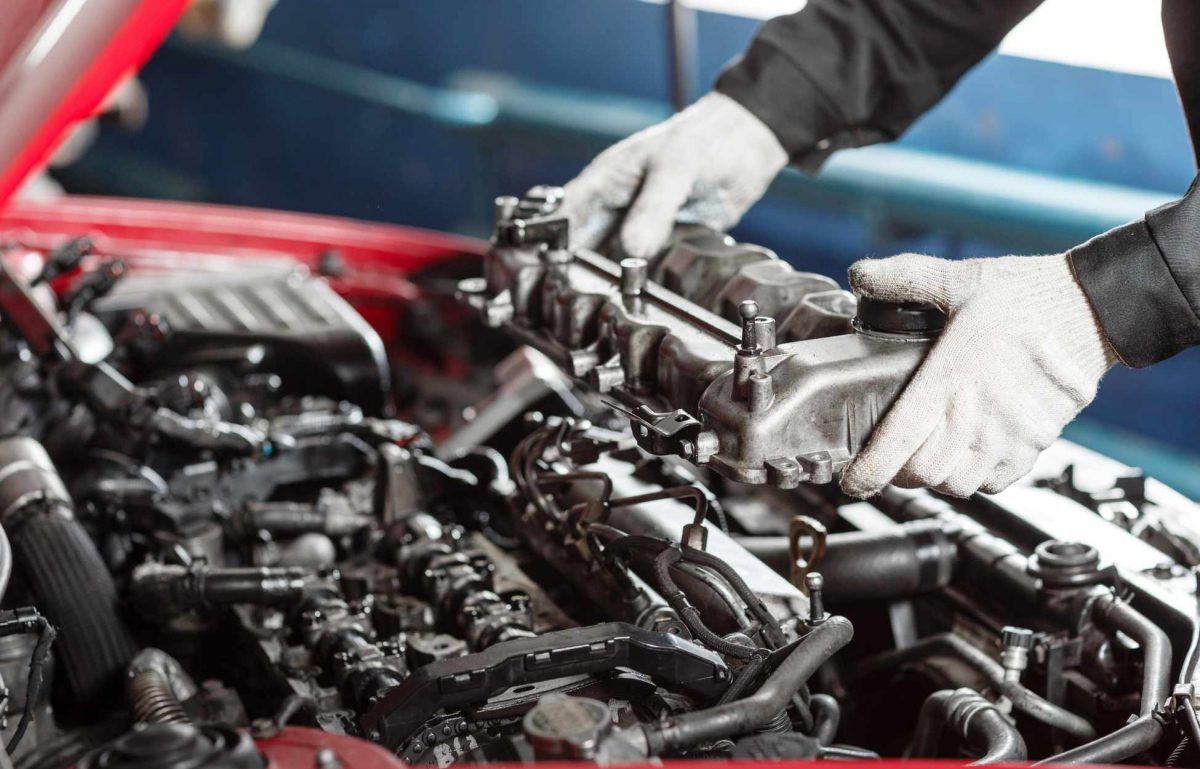When it comes to powering our vehicles, diesel engines have become popular among truckers, drivers, and diesel engine enthusiasts. The advantages and disadvantages of diesel engines are evident in various aspects of their use, from fuel efficiency to environmental impact. In this article, we’ll discuss three significant advantages and two potential drawbacks of diesel engines by comparing them with their gasoline counterparts.
Advantage: Fuel Efficiency
One of the most significant advantages of diesel engines is their superior fuel efficiency. Diesel engines use compression ignition, which creates a more efficient fuel-air mixture, resulting in improved fuel economy. Consequently, one of the biggest differences between diesel and gasoline engines is that diesel-powered vehicles typically get better mileage compared to gasoline engines, making them a more cost-effective choice for long-distance driving and heavy-duty applications, such as trucking and transportation.
Disadvantage: Initial Cost and Maintenance
When looking at the advantages and disadvantages of diesel engines, it’s hard to ignore that diesel engines have a higher initial cost compared to gasoline engines. Diesel engines require more sophisticated fuel injection and exhaust systems, which can increase manufacturing costs. Additionally, maintenance costs for diesel vehicles can be higher, as they may require specialized servicing and repairs, particularly concerning their emission systems. Even though the fuel savings may offset these expenses over time, they can still deter potential buyers.
Advantage: Torque and Power
Another advantage of diesel engines is their ability to produce more torque and power at lower RPMs. This feature makes diesel-powered trucks ideal for towing, hauling large loads, and climbing steep inclines. Comparatively, gasoline engines must reach higher RPMs to achieve maximum power, which can result in increased wear and tear as well as less fuel efficiency.
Disadvantage: Environmental Impact
While modern diesel engines have made significant advancements in reducing emissions and particulate matter, they still tend to produce more nitrogen oxides (NOx) and particulate matter compared to gasoline engines. These pollutants can contribute to air pollution and related health issues, leading to stricter emission regulations for diesel-powered vehicles in some regions.
Advantage: Durability and Longevity
Diesel engines can withstand the rigors of heavy-duty use. They’re generally more robust and longer lasting than gasoline engines. With proper maintenance, diesel engines can outlast their gasoline counterparts by several years, often clocking in hundreds of thousands of miles without significant issues.













